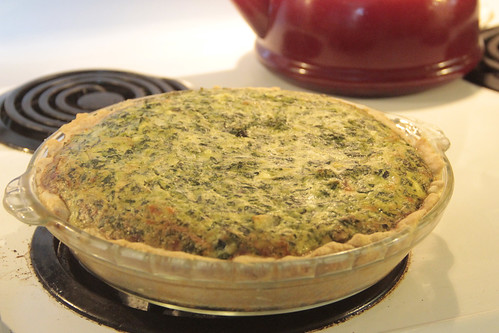Shelling peas are what we're used to buying canned or frozen at the grocery store. They're the peas you "shell" or harvest from the pod once they plump on the vine. We'll also plant sugar peas, which are the flat, tender peas which are picked young and eaten pod and all. Sometimes these require stringing, but often are picked young and tender enough they don't need it. We'll also have a plot of snap peas, which are a hybrid of shelling and sugar peas and are picked when the peas have plumped but before the pod walls have thickened. When picked at this time, the pea will be sweet and tender, and can be eaten pod and all.
What we've planted as described by High Mowing and Sow True:
Green Arrow Shelling Peas Bushy plants grow 24-28" vines that do fine with minimal support. Reliable producer of double borne pods 4-5" long. Resistant to many common diseases.Days to maturity: 65 days
Laxton's Progress #9 Shell Pea - A leading garden pea with short vines and plump pods that hold dark-green peas of excellent quality. Small 15-20” plants produce heavy yields of 4-5” long pods, with up to nine peas per pod (hence the name). An improvement over the original Laxton’s Progress with a high resistance to wilt. (Pisum sativum)Days to maturity: 60 days
Organic Early Wonder Tall Top Beet - Earliest variety! Quick growing arching tops make perfect beet greens for a first harvest, while roots size up quickly for a second harvest of delectable baby bunched beets. Early Wonder also makes for a wonderful full size beet with vibrant tops. Not as hardy as Detroit Dark Red, but of similar quality for early season crops. (Beta vulgaris) Days to maturity: 45 days
Detroit Dark Red, ORGANIC Beta vulgaris HEIRLOOM This is the beet that fell in love with a mason jar! A consistent producer for canning, juicing, pickling, or roasting. Burgundy globe-shaped roots with bright green leaves and little zoning. Days to maturity: 50-60 days
In full disclosure: This year's crops are largely in thanks to High Mowing Seeds and Sow True Seed, two companies who generously donated a fantastic array of seeds to our garden. As a grow share garden, we do not charge plot fees, and therefore do not have a source of income. We rely on donations to keep our organic garden growing!

































